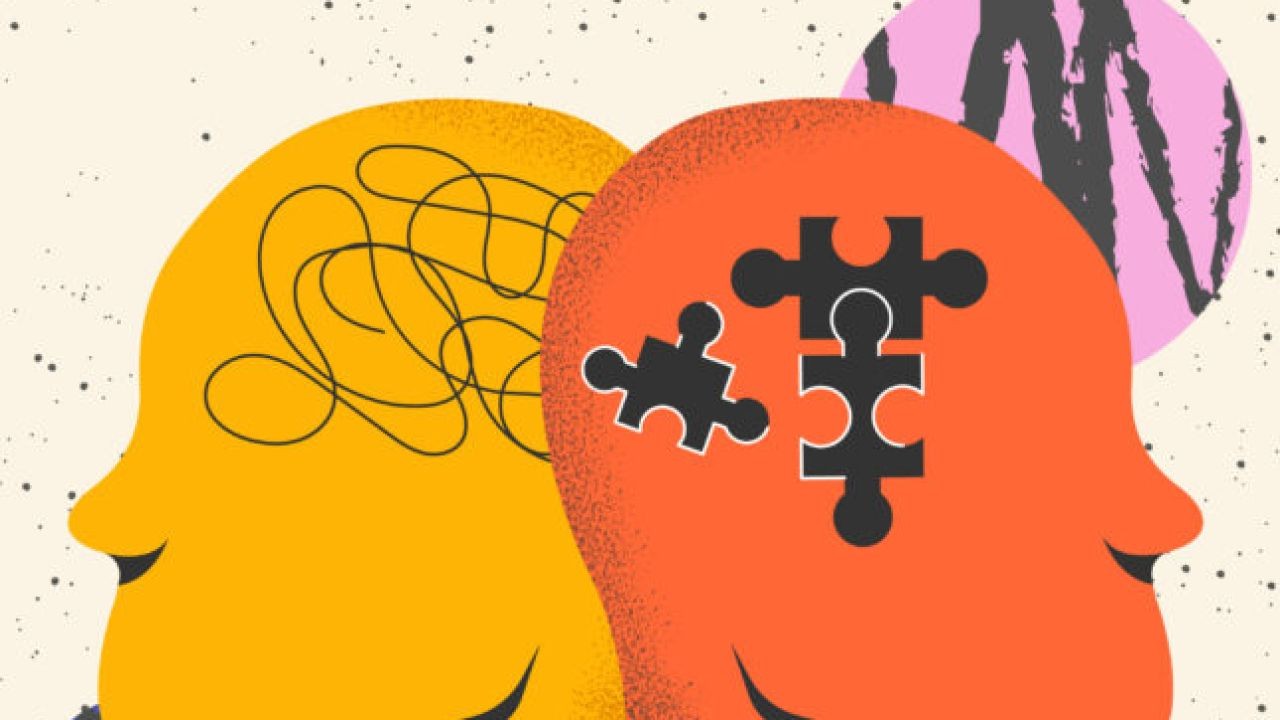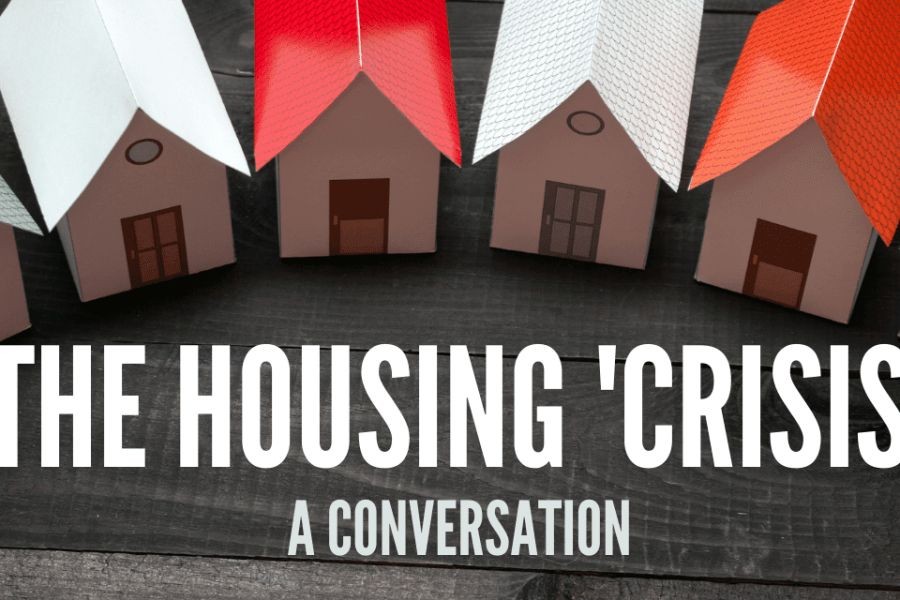Did you know that nearly 50% of New Zealanders will experience a mental health disorder at some point in their lives? Despite prevailing awareness, many Kiwis face challenges when addressing mental health issues, leading to negative personal and societal impacts. In this article, we delve into these common mistakes, providing insightful, data-backed solutions for marketing specialists to better engage with this critical issue.
Understanding the New Zealand Context
New Zealand's unique socio-economic environment significantly influences mental health trends. The country's emphasis on work-life balance and the cultural value of "Kiwi ingenuity" often conflicts with the increasing pressures of modern life, as seen in the tech-driven economy. According to Stats NZ, the country's GDP is increasingly reliant on the technology and service sectors, which can exacerbate stress and mental health issues due to rapid changes and job insecurities.
Case Study: Impact of Economic Shifts on Mental Health
The Reserve Bank of New Zealand reports a 15% rise in unemployment in tech industries due to automation. This has led to a noticeable increase in anxiety and depression among tech workers, highlighting the importance of addressing mental health proactively.
Common Mistakes New Zealanders Make
1. Ignoring the Early Signs
Many Kiwis tend to dismiss early signs of mental health issues, considering them as temporary phases. This mistake often leads to severe conditions that are more challenging to treat. According to a study by the University of Auckland, early intervention can reduce the severity of mental health disorders by 30%.
2. Relying Solely on Self-Help
While self-help resources are valuable, they cannot replace professional assistance. The Mental Health Foundation of New Zealand emphasizes that combining self-help with professional guidance can improve outcomes by up to 40%.
3. Underestimating the Impact of Lifestyle
New Zealand's love for the outdoors and physical activity is a strength, yet many Kiwis overlook how lifestyle choices affect mental health. Nutrition, sleep, and exercise play crucial roles, and neglecting these can exacerbate mental health issues.
4. Misinterpretation of Cultural Stigma
Despite progressive attitudes, cultural stigma around mental health persists. This often discourages individuals from seeking help. Public campaigns have shown that open conversations can decrease stigma-related barriers by 25%, according to NZ Ministry of Health reports.
Real-World Case Studies: Overcoming Mental Health Challenges
Case Study: A Wellington Tech Firm’s Mental Health Initiative
Problem: A Wellington-based tech firm noticed a high turnover rate and low employee morale, attributed to unaddressed mental health issues.
Action: The company implemented a mental health program that included regular workshops, access to counseling services, and flexible work hours.
Result: Within a year, employee satisfaction increased by 60%, and turnover decreased by 35%. The firm also reported a 20% increase in productivity.
Takeaway: Investing in mental health initiatives not only improves employee well-being but also enhances business performance.
Case Study: A Christchurch School’s Approach
Problem: A Christchurch school faced rising cases of anxiety among students, affecting academic performance and attendance.
Action: The school introduced a mindfulness program, integrated mental health education into the curriculum, and provided access to school counselors.
Result: Over two years, the school saw a 50% reduction in anxiety reports and a 15% improvement in overall academic performance.
Takeaway: Early intervention and education can significantly impact youth mental health, leading to better academic and life outcomes.
Data-Driven Insights for Marketing Specialists
For marketing specialists, understanding the nuances of mental health in New Zealand is crucial. By integrating mental health-friendly practices into marketing strategies, businesses can enhance their brand image and customer loyalty.
1. The Power of Authentic Storytelling
Marketing campaigns that share genuine stories about mental health can resonate deeply with audiences. According to Nielsen, campaigns with authentic storytelling see a 30% higher engagement rate.
2. Leveraging Digital Platforms
With digital media consumption increasing, platforms like social media and podcasts are effective channels for mental health campaigns. The New Zealand Digital Insights Report 2024 highlights that businesses using these platforms for mental health awareness have increased brand visibility by 45%.
3. Partnerships with Mental Health Organizations
Collaborating with mental health organizations can enhance credibility and reach. These partnerships often result in a 20% greater impact on community engagement, according to the NZ Marketing Association.
Debunking Common Myths
Myth: "Mental health issues only affect certain demographics."
Reality: Mental health issues can affect anyone, regardless of age, gender, or socio-economic status. Research from Stats NZ shows a broad demographic distribution of mental health issues.
Myth: "Talking about mental health makes it worse."
Reality: Open discussions can reduce stigma and encourage individuals to seek help, improving outcomes. A study by the Mental Health Commission found that conversations reduce stigma by 30%.
Future Trends in Mental Health in New Zealand
As New Zealand continues to evolve, so too will its approach to mental health. The integration of technology in mental health services is expected to grow, with teletherapy and mental health apps becoming more prevalent.
According to a report by Deloitte, the mental health tech industry in New Zealand is projected to grow by 25% annually over the next five years, driven by increased demand for accessible and affordable mental health care.
Conclusion: Taking Action on Mental Health
Addressing mental health issues in New Zealand requires a multifaceted approach involving early intervention, professional support, and community engagement. For marketing specialists, the opportunity to influence positive change is significant. By incorporating mental health awareness into marketing strategies, businesses can not only improve their bottom line but also contribute to a healthier society.
What strategies will you implement to support mental health awareness? Share your thoughts and insights below!
People Also Ask (FAQ)
- How does mental health impact businesses in New Zealand? Mental health issues can lead to reduced productivity and increased absenteeism. Addressing these can improve employee satisfaction and business performance.
- What are the biggest misconceptions about mental health in New Zealand? A common myth is that mental health issues only affect certain groups. However, they can impact anyone, and open discussions are crucial for improvement.
- What are the best strategies for addressing mental health issues? Combining professional help with lifestyle changes, early intervention, and open conversations are effective strategies.
- What upcoming changes in New Zealand could affect mental health? The increasing integration of technology in mental health services is expected to improve accessibility and affordability.
- Who benefits the most from addressing mental health? Individuals, businesses, and communities all benefit from improved mental health through enhanced well-being and productivity.
Related Search Queries
- mental health awareness New Zealand
- common mental health mistakes
- mental health strategies for businesses
- impact of mental health on productivity
- New Zealand mental health statistics































